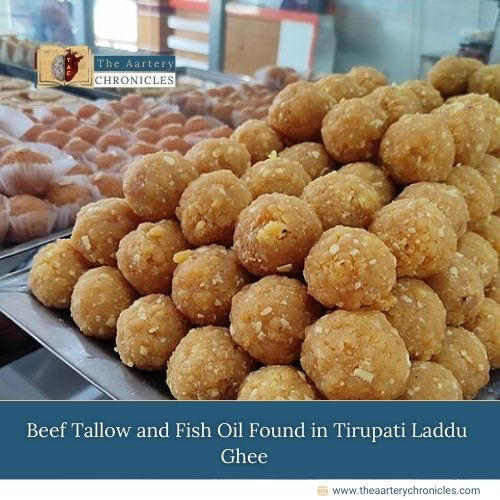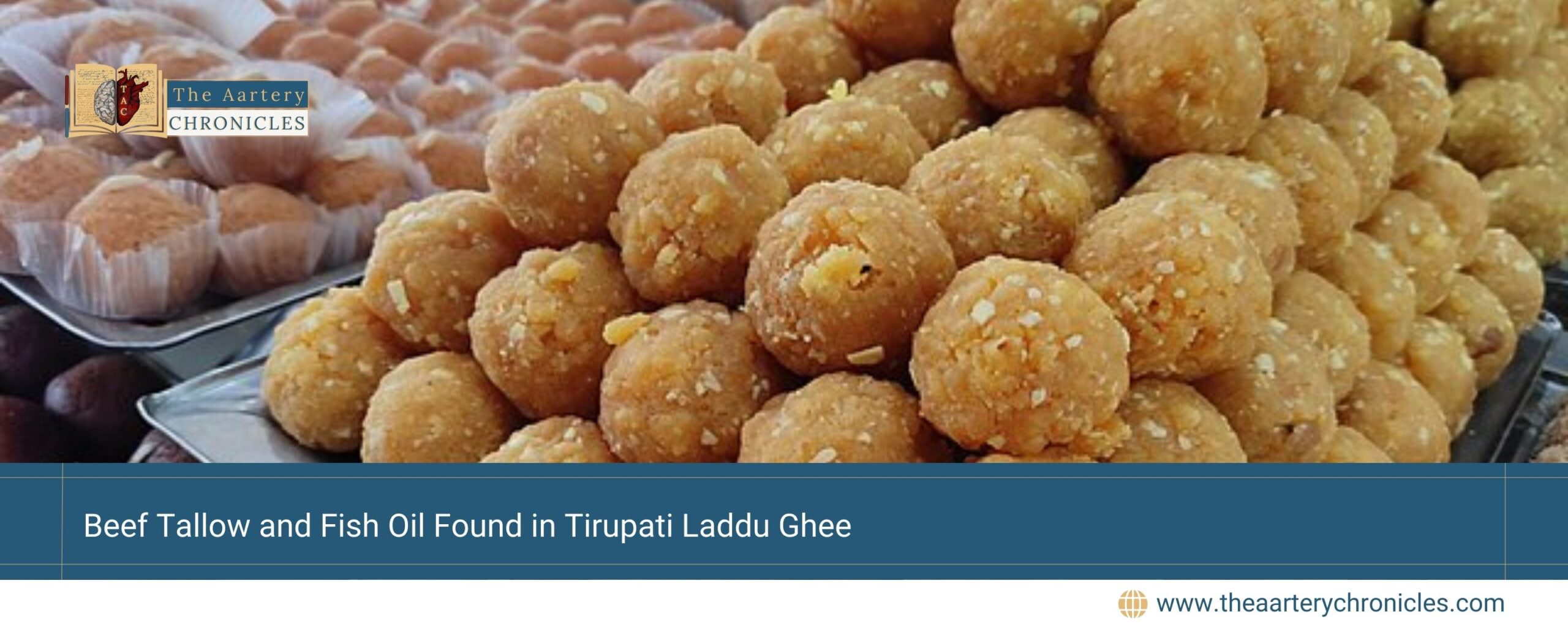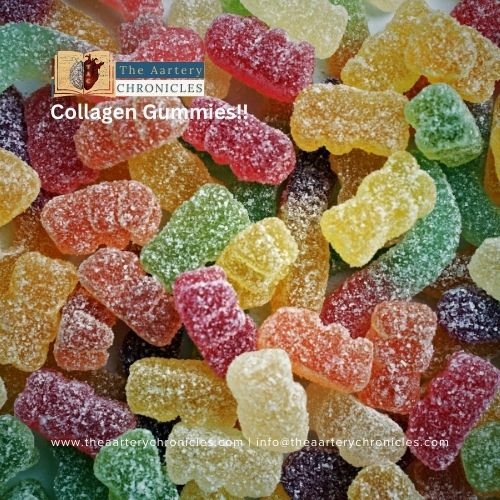

Controversy Over Adulteration in Tirupati Laddu
The Tirupati laddu, a revered ‘prasadam’ offered at the Sri Venkateswara Temple in Tirumala, recently became the center of controversy following reports of adulteration in the ghee used to make the sacred sweet. Here’s a breakdown of the issue and the steps taken by the temple trust to address the situation.
Allegations of Foreign Fats in Ghee
Reports emerged that the ghee used to make the Tirupati laddu contained foreign fats, including beef tallow (clarified beef fat), lard (pig fat), and fish oil. This revelation caused a public outcry, as the Laddu holds significant religious value. A laboratory analysis conducted on ghee samples confirmed the presence of these fats, along with other vegetable fats like soybean, sunflower, and palm kernel oil. These findings raised concerns about the quality of the ingredients being used.
Temple Trust’s Response
The Tirumala Tirupati Devasthanams (TTD), the governing body responsible for managing the temple, took swift action after receiving complaints about the quality of the laddus. In response, they temporarily halted the use of cow-based products in the making of the laddus and assured devotees that the sanctity of the prasadam had been restored. The TTD also formed an expert committee to investigate the issue and implemented stricter quality checks on suppliers.
Lab Report Findings
According to the lab report, the acceptable S-value (a measure used to determine the purity of milk fat) for ghee is between 98.05 and 104.32. However, the tested samples revealed significant deviations, with values ranging from 23.22 to 116, indicating the presence of foreign substances. This sparked further concerns about the integrity of the ghee being supplied to the temple.
Suppliers Under Scrutiny
The TTD identified five ghee suppliers, with prices ranging from Rs 320 to Rs 411 per kilogram. Some of these suppliers, such as AR Foods, were found to be providing substandard ghee, with four tankers failing quality tests. The temple trust warned these suppliers to maintain high-quality standards, threatening blacklisting if they failed to comply. Additionally, the National Dairy Development Board (NDDB) offered to donate ghee adulteration testing equipment worth Rs 75 lakh to help the TTD improve its quality control processes.
Political Fallout
The controversy has also taken a political turn, with opposition leader Nara Lokesh Naidu of the Telugu Desam Party (TDP) accusing the previous YSR Congress Party (YSRCP) government of allowing adulteration to occur. Naidu claimed that the YSRCP-era contracts with multiple vendors led to the use of adulterated ghee. In response, YSRCP leaders dismissed the allegations as politically motivated and maintained that the ghee used was of high quality, sourced from cows in Rajasthan and Gujarat.
As the investigation continues, the TTD remains committed to ensuring the quality and sanctity of the Tirupati laddu, a symbol of devotion for millions of pilgrims.
Source: Inputs from various media Sources









